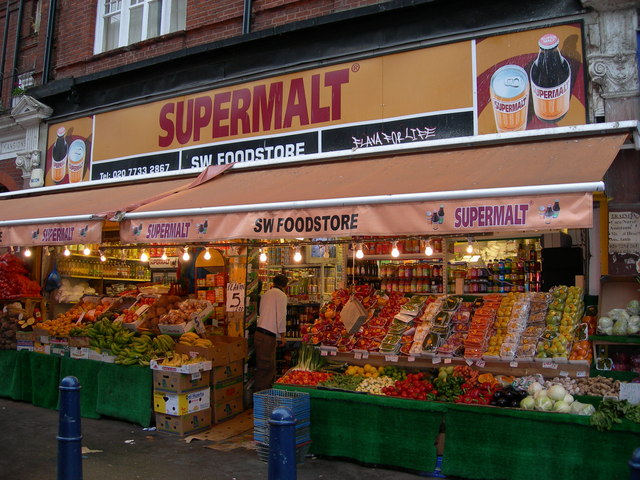
Shoppers in the UK saw a slight increase in grocery prices last month, putting more pressure on household budgets, according to new data from market research firm Kantar.
In the four weeks leading up to March 23, annual grocery price inflation rose to 3.5%, up from 3.3% the previous month. During the same period, grocery sales increased by 1.8% year-on-year — the slowest growth rate since June 2023.
Prices climbed the most in categories like chocolate, butter and spreads, and chilled smoothies and juices. On the flip side, prices dropped most noticeably in pet food and household paper products.
Retailers have raised concerns that recent measures in the Labour government’s first budget — including tax increases, a higher national minimum wage, and a new packaging levy — could drive inflation even higher.
The Institute of Grocery Distribution has projected that food inflation could climb close to 5% by the end of the year.
Among supermarkets, discount chain Lidl came out on top over the 12 weeks to March 23, with sales jumping 9.1% compared to the same period last year. Aldi followed with 5.6% growth, while Tesco, the UK’s biggest supermarket, posted a 5.4% increase.
Asda struggled the most, with sales falling by 5.6% and its market share shrinking by 1.1 percentage points year-on-year. Photo by Danny Robinson, Wikimedia commons.


































